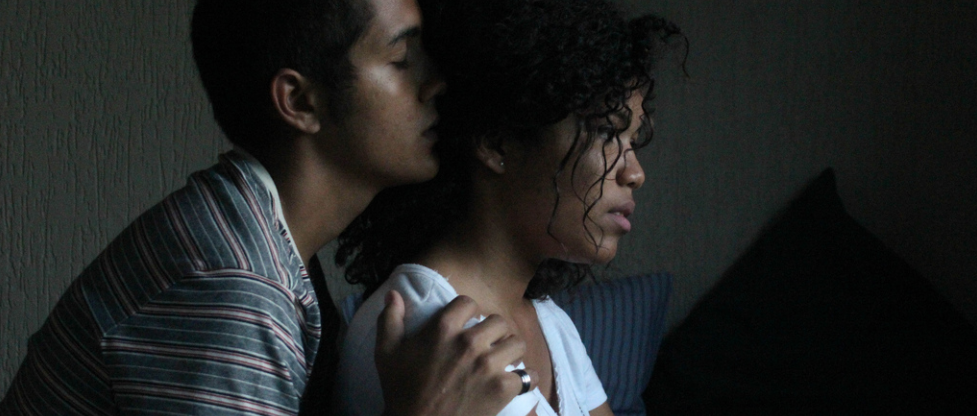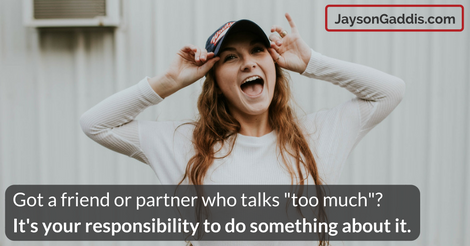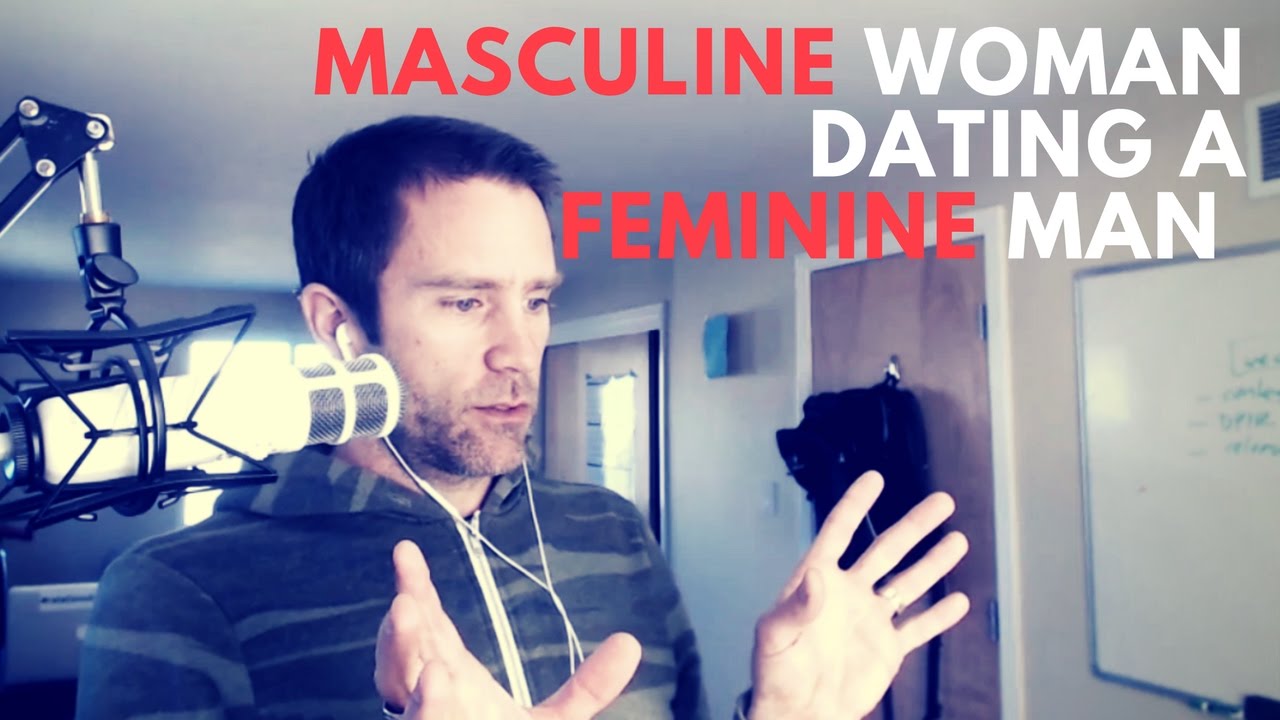The 3 Things Everyone Wants & Needs In A Partnership
If you are a normal adult that values human partnership, you want a relationship that is:
- Safe
- Sexy
- Successful
In this post, I want to cover these 3 things you want and need in order to build and sustain a good, solid long-term relationship.
As you may have heard, a great relationship takes loads of work.
Anyone that thinks otherwise, either had a perfect childhood or just doesn’t understand how long-term partnership works.
In my experience the deeper you go with someone (which is where the fulfillment is), the more challenges you are sure to uncover.
This is why most couples prefer to stay on the surface in their relationship. These couples have no idea how deep you can go thus they wouldn’t know they are the ones blocking that kind of depth from happening.
Let me paint a picture…
Imagine a couple snorkeling around a beautiful shallow lagoon. Most couples don’t know there’s more to explore beyond the lagoon so they stay in shallow waters close to shore. It’s not that this couple doesn’t want to explore the vast ocean outside the perimeter of the lagoon, but they don’t even know there’s an entire ocean of possibility out there. Their understanding is limited to the lagoon.
But at a certain point, a smart couple will see how limited the lagoon is and they will want more. They will want to expand and explore a bigger landscape. In order to do so, they will need to build a seaworthy vessel. This metaphorical boat they build will be their homebase. And because this homebase is the boat they will travel in, they will need it to be able to withstand the adversity they will soon encounter out in the vast sea.
This brings up the first thing you need and want in your partnership.
1- Safety.
Safety is paramount for a smart couple.
Why? Because with a foundation of safety, you can travel further and weather the storms you will encounter during your adventure.
Think about it.
If you are this couple traveling the vast ocean and you hit some threats along the way, you want those threats to be from the outside, not the inside of the partnership. You want to be scared of sharks, not scared of the other person in the boat, right?
But here’s the bad news.
Even if you found the safest person on the planet, your nervous system will still register threat with their tone of voice, the look on their face, or their body language. There’s no way around these “little threats” because we are all sensitive animals perceiving the most subtle of behaviors that fire our alarm bells. In other words, your hindbrain can’t perceive the difference between a shark and your partner.
So, the smart couple understands this bizarre phenomenon and both parties work to be kind, respectful and caring given that they will likely trigger each other in this way for the rest of their lives. You eventually learn that this isn’t a problem and it’s all one big opportunity to work with those little threats and use them to get stronger and more resilient, together.
Even after I became a psychotherapist, I never thought it was my job to make anyone feel safe, let alone my partner. However, after getting schooled in 10 years of marriage, and after finally learning about neuroscience from the founder of the polyvagal theory and countless others who study the human nervous system for a living, I see things a wee bit different now.
In my relationship with my wife, we work to help each other’s nervous system feel safe. Becuase when we support each other feeling safe, we are freed up to do other important tasks in life.
We have no physical aggression, abuse, or negative vibes in our relationship. We live in a very high-functioning adult partnership. However, due to our past, on a neuroceptive level we can both behave in ways that trigger an unsafe feeling in the other person. It’s just the deal.
If you want a deeper dive on the nervous system in relationships, we go much deeper on the nervous system, fear, and how to create a secure homebase in The Relationship School®. In fact the secure homebase is one of the 4 pillars of an Indestructible Partnership.
Finally please don’t confuse safe with apathetic. The couple that “plays it safe” is a complacent couple relegated to the lagoon. This is apathy at it’s finest. On the other hand, the couple that takes risks with a foundation of safety gets the goodies out in the vast ocean.
So, couples that do well, are tracking the very subtle levels of safety in an ongoing way. So, of course, my wife and I feel safe on many levels after 10 years of partnership. But the animal in us can feel threatened easily because we are both sensitive people. So, we attend to our homebase and make sure it’s clean and clear as much as humanly possible. This way, we create the optimal environment for creative play, learning, taking on bigger challenges, and sexual exploration.
Once you build and understand safety, you get to progress to the next layer…
2- Sexy.
Once you have a secure homebase in place and actively monitor it, your relationship can deepen, widen, and grow because you are freed up to explore finer points of your intimacy, sexuality, and whatever else you want to co-create. So, a secure homebase is the foundation of a sexy or sexually active relationship.
When you both are free to be yourselves, it’s just plain sexy.
No one likes to be around someone who is incongruent, playing a role, or trying to be someone they are not. That’s unattractive and far from sexy.
Sure you can have amazing sex with someone with zero safety and many of us have had those experiences. However, those are short lived, one night stands, affairs, or six-month long relationships and don’t happen in the context of a long-term partnership. A long-term relationship triggers our deepest insecurities and brings up very old unprocessed material from our past, which is why sex can get complicated after many years of marriage.
In fact, most couples drift in their sex life for one reason and one reason only. They no longer feel safe and instead are in a chronic state of low-grade fear as I explored in this blog post.
You have to remember that all of our emotional baggage, repressed childhood trauma, and anything else that is unconscious to us lives in the human body. And, we access our sexuality through the body. So, it’s in our best interest to attend to our somatic experience if we want a good sex life with our partner. This means, exploring where our body does and doesn’t feel safe with our partner.
As we attend to our bodies this way, we can explore our sexuality, creativity, and we can grow and learn without having to be on guard all the time.
Can you override the safety issue?
Well, um, sort of…
Couples that schedule sex every Wednesday morning do this all the time. They are often stuck in a routine to get each other off, which can temporarily help with stress relief and a short-lived emotional connection. But to me, that is a moment of sexiness operating at about 50% capacity and sometimes it’s the best we can do. If that’s the case, no problem, but know you are operating at a lower capacity. And just don’t expect the “successful” part we’re going to talk about next…
3- Successful
A safe relationship leads to a sexy relationship which leads to a successful relationship. A good solid relationship is a successful one.
But how are we defining success? Success in this context means fulfillment. It means you are both fulfilled in your relationship. Fulfillment comes from having gone through adversity and challenge alone and together by continually finding your open heart in life’s challenges and tragedies. When you close down, you work to open back up.
Sharing your crazy life journey with someone is why partnership can be so powerful.
But here’s the thing about success…Success is always earned and not given and it always comes at a price.
For example, a new couple can call themselves successful but their relationship has yet to be put to the test. They haven’t had to earn their stripes yet, so success for them means something different than the couple who has weathered some big storms after many years.
A new couple hasn’t really ‘earned the right’ over time. That would be like a freshman football player winning a game and thinking he is a champion. The senior, on the other hand, knows what it truly takes to win a national championship. And a pro player who’s been in the game for a decade or two, understands success at an even deeper level. Champion level athletes win because they train day in day out, year after year. They win because they work harder than the competition, not just one year, but year after year.
So, to be truly successful in a partnership, you must both want it. You must both want a deeply fulfilling relationship and then work hard to keep that fulfillment a central focus. Notice how I didn’t say “happiness.” Couples that chase happiness usually end up miserable.
This can be hard for young couples who think a great relationship is a happy one or that it’s just given to them. It is also hard for the young couple who is juggling new children, finances, work, in-laws, sleep issues, and everything else coming your way (My wife and I were extremely challenged during the first few years of raising 2 kids, so I can relate here).
The successful young couple, in this case, understands that even with the crazy demands, they still need to make the relationship a priority otherwise their partnership will drift and they will get bored or get burned out over time.
The bottom line is that success = your fulfillment and your fulfillment is a result of the amount of intelligent effort you put into the relationship. It also means you support each other and you challenge each other to be your best and you approach each other in “safe” ways that your partner can learn and grow from.
Okay, now that we’ve covered the 3 consecutive elements that you need/want in a good solid-long-term relationship, the next question is:
Do you have all 3 elements that build off each other?
It’s likely you don’t have that or you wouldn’t have read this far. To be extra sure, download this one-page scorecard then fill it out together. If you are single, fill it out based on your last relationship.
And if it’s true that you don’t have the 3 S’s in your partnership, or you’re single and you’ve never experienced this over time, you’ll need to ask the next question:
If I don’t have a safe, sexy, successful partnership and I want that, what am I going to do about it?
If you think you can hope and pray for a good relationship and that will get you there, you’re up shit creek.
Instead, go through each of these 3 elements and be brutally honest with each other. If you are single, evaluate your last relationship.
Once you are honest enough to identify that you are not there yet and you don’t have a safe, sexy, and successful partnership, ask, “what is missing?” Identify the gap and “work” together to build a bridge.
Notice if you are wanting a sexy or successful relationship without addressing the subtle levels of safety that promote success. Don’t chase sex without first addressing safety. After many years, safety becomes foreplay. Two relaxed nervous systems are free to be wild animals, creative love-beasts, and are free to co-explore each other’s bodies in new ways.
Lastly, go get the education you never received. Learn how to Embrace Conflict here in Boulder. Take the 9-month class you never got in school and get educated on how romantic relationships actually work.
Report back. Share your struggles and victories in the Smart Couple FB group here.
photo credit: Talita Neres Flickr creative commons.



















